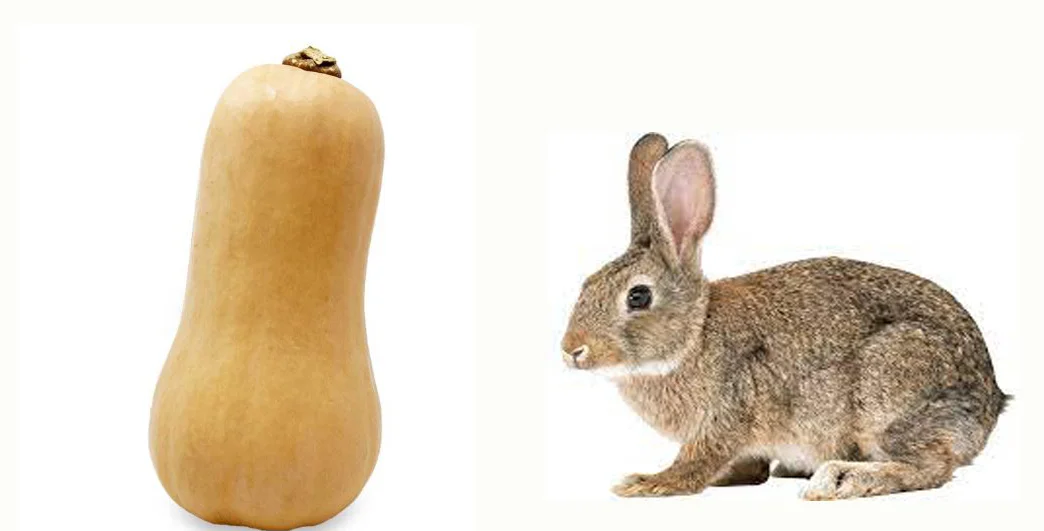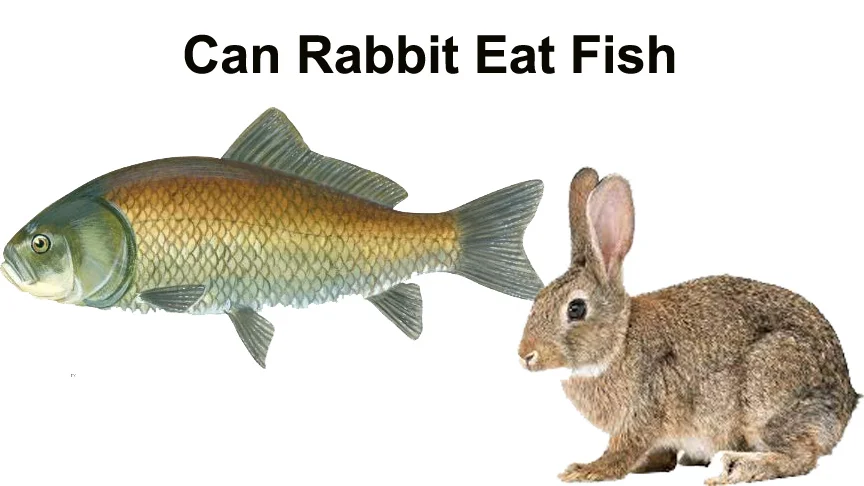When it comes to the diet of our furry friends, such as rabbits, it’s essential to ensure they get the right balance of nutrients. As a responsible rabbit owner, you may wonder if it’s safe to feed your bunny squash. let know that rabbits can eat squash, the various types of squash that are safe for them, potential health benefits, and precautions to keep in mind. Let’s dive in!
Rabbits are known for their diverse and herbivorous diet, but not all fruits and vegetables are suitable for these furry friends. Squash, with its various types and flavors, raises questions among rabbit owners regarding its safety and suitability. In this comprehensive guide, we’ll delve into whether rabbits can eat squash, exploring its nutritional value, potential benefits, and any risks associated with its consumption. Let’s unlock the mysteries surrounding squash and rabbits’ diets.
what is squash
Before we determine whether rabbits can eat squash, let’s explore what squash is and its various types. Squash is a type of vegetable that belongs to the gourd family, Cucurbitaceae. It comes in different shapes, sizes, and colors, including butternut squash, acorn squash, zucchini, and yellow squash. Squash is rich in vitamins, minerals, and antioxidants, making it a popular choice in human diets.
Can Rabbits Eat Squash?
Yes, rabbits can eat squash, and it can be a healthy addition to their diet when given in moderation. Squash is a vegetable that belongs to the gourd family and comes in various types, each with its unique nutritional profile. However, not all squash varieties are safe for rabbits to consume.
Before sharing squash with your furry friend, it’s essential to understand which types are safe and how to introduce them properly. it’s essential to understand which parts of the squash are safe for rabbits and how to introduce it gradually to avoid any digestive issues.
Types of Squash Safe for Rabbits
Not all types of squash are safe for rabbits. Some varieties may contain high levels of sugars or other components that could be harmful to rabbits’ health. Here are some types of squash that are generally safe for rabbits to consume:
1. Acorn Squash
Acorn squash is safe for rabbits and is rich in vitamins A, C, and B-complex, as well as minerals like potassium and magnesium. It has a slightly sweet flavor that some rabbits may enjoy.
2. Butternut Squash
Butternut squash is a favorite among rabbits. It’s packed with vitamins A and C, as well as fiber, which promotes healthy digestion. Remember to remove the seeds before offering it to your bunny.
3. Delicata Squash
Delicata squash is safe for rabbits and is a good source of carbohydrates and dietary fiber. It’s also rich in vitamin B, which is beneficial for their overall health.
4. Spaghetti Squash
Spaghetti squash can be a fun treat for rabbits. As the name suggests, the flesh can be stringy, providing some entertainment for your furry friend while they munch on it. It’s a good source of vitamins and minerals.
5. Zucchini
Zucchini is a mild-tasting and hydrating squash that rabbits can enjoy as part of their diet. It is low in calories and sugar, making it a suitable occasional treat for rabbits.
6. Yellow Squash
Similar to zucchini, yellow squash is another safe option for rabbits. It contains essential nutrients and has a slightly sweeter taste than zucchini.
Nutritional Benefits of Squash for Rabbits
Squash offers several nutritional benefits for rabbits when fed appropriately. It is low in calories and fat while being high in essential vitamins and minerals, including vitamin A, vitamin C, potassium, and fiber. These nutrients support rabbits’ overall health, including their immune system, digestion, and vision.
Vitamins and Minerals
Squash is a nutrient-dense vegetable that offers various vitamins and minerals, promoting optimal health for your rabbit. The vitamins, especially A and C, contribute to their immune system and help maintain healthy eyes, skin, and coats.
Hydration and Fiber
Squash has a high water content, helping to keep your rabbit hydrated. Additionally, the dietary fiber in squash aids in digestion and supports gastrointestinal health.
Feeding Squash to Your Rabbit – Introducing Squash to the Diet
When introducing squash to your rabbit’s diet, do it gradually. Start with a small piece and observe how your bunny reacts to it. If they enjoy it and there are no digestive issues, you can continue adding it to their diet occasionally.
Moderation is Key
While squash has many health benefits, it should be fed in moderation. It should not replace essential elements of their diet, such as hay and water. A balanced diet is crucial for a rabbit’s well-being.
Watch for Allergic Reactions
Keep an eye out for any signs of allergies or adverse reactions after feeding squash to your rabbit. If you notice any unusual behavior or digestive problems, stop giving squash immediately and consult your veterinarian.
Healthy Rabbit Diet
A healthy diet is essential for a happy and thriving rabbit. Apart from squash, make sure to include the following elements in their diet:
Hay
Hay is the foundation of a rabbit’s diet and should always be available. It provides essential fiber, keeps their teeth in good condition, and prevents gastrointestinal problems.
Fresh Vegetables
In addition to squash, offer a variety of fresh, rabbit-safe vegetables like carrots, leafy greens, and bell peppers. These provide additional nutrients and add variety to their meals.
Pellets
High-quality rabbit pellets are a good source of nutrients. However, they should be fed in limited quantities as they can be high in calories.
Water
Always provide fresh, clean water for your rabbit. Hydration is crucial for their overall health and well-being.
Frequently Asked Questions
Can rabbits eat squash seeds?
It’s best to avoid feeding squash seeds to rabbits, as they can be a choking hazard and may cause digestive issues.
How often should I feed squash to my rabbit?
Squash should be fed as an occasional treat and not as a daily staple. 2-3 times a week is generally sufficient.
Can squash replace hay in my rabbit’s diet?
No, squash should never replace hay in a rabbit’s diet. Hay is essential for their dental health and digestive system.
Are there any squash varieties that are toxic to rabbits?
Yes, some squash varieties can be toxic to rabbits. Avoid feeding them decorative or ornamental gourds, as these can be harmful.
What should I do if my rabbit refuses to eat squash?
If your rabbit doesn’t show interest in squash, don’t force it. Rabbits have different preferences, and not all will enjoy the same foods. Stick to other rabbit-safe vegetables and hay for their dietary needs.
Final Words
In conclusion, squash can be a healthy and tasty addition to your rabbit’s diet when served in moderation. It provides essential vitamins and minerals, supports hydration and digestion, and can be a fun treat for your furry companion. Remember to introduce squash gradually, monitor for any adverse reactions, and prioritize a balanced diet that includes hay, vegetables, pellets, and fresh water.

I am a veterinarian and owner of 10 rabbits. I am serving as a veterinarian for 17 years, All the latest and most helpful information about their food and the pros and cons of feed and Healthy diet benefits. I educate pets, about proper animal care, disease prevention, and responsible pet ownership, perform surgeries, administer vaccinations, prescribe medications tailored to the specific needs of each animal, diagnose, and treat illnesses, and injuries in animals and providing medical care to ensure their well-being.



